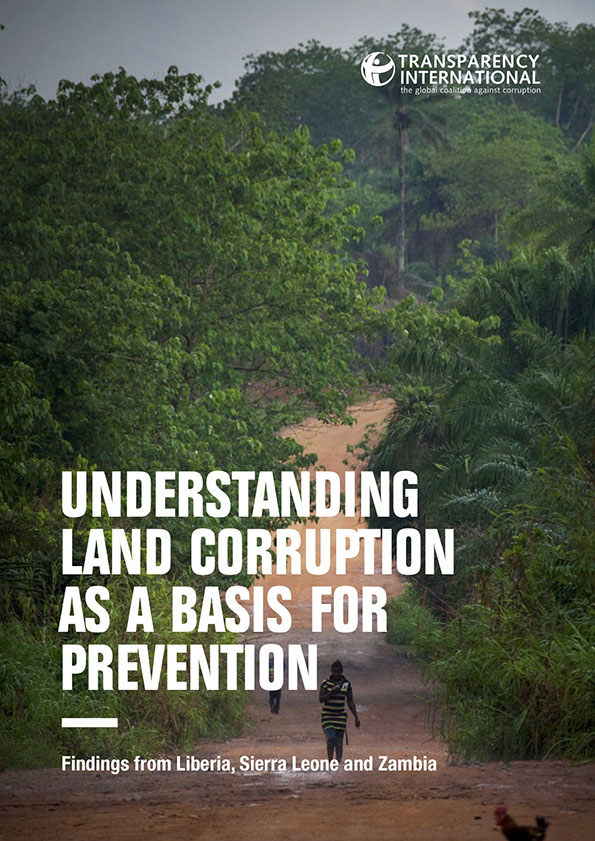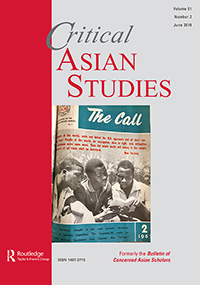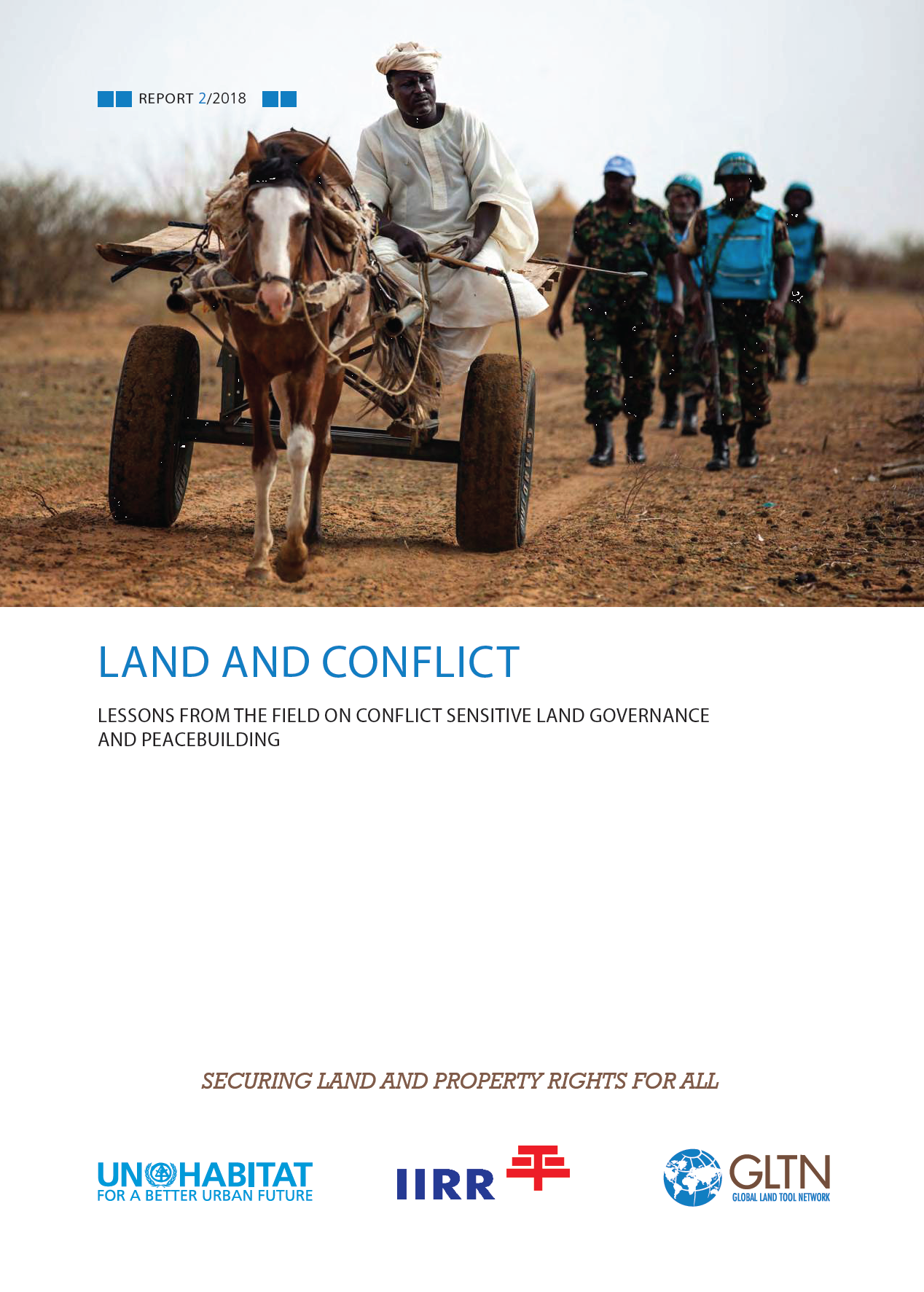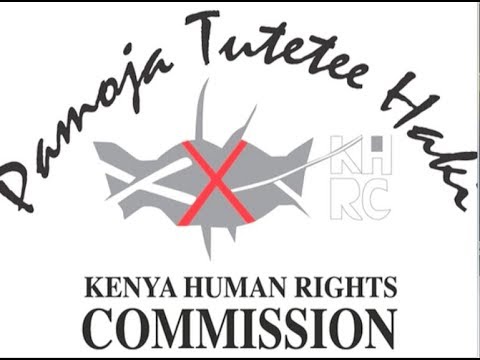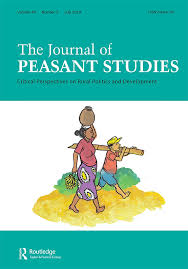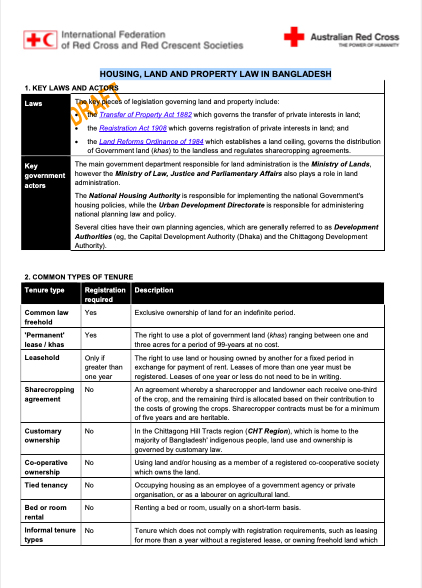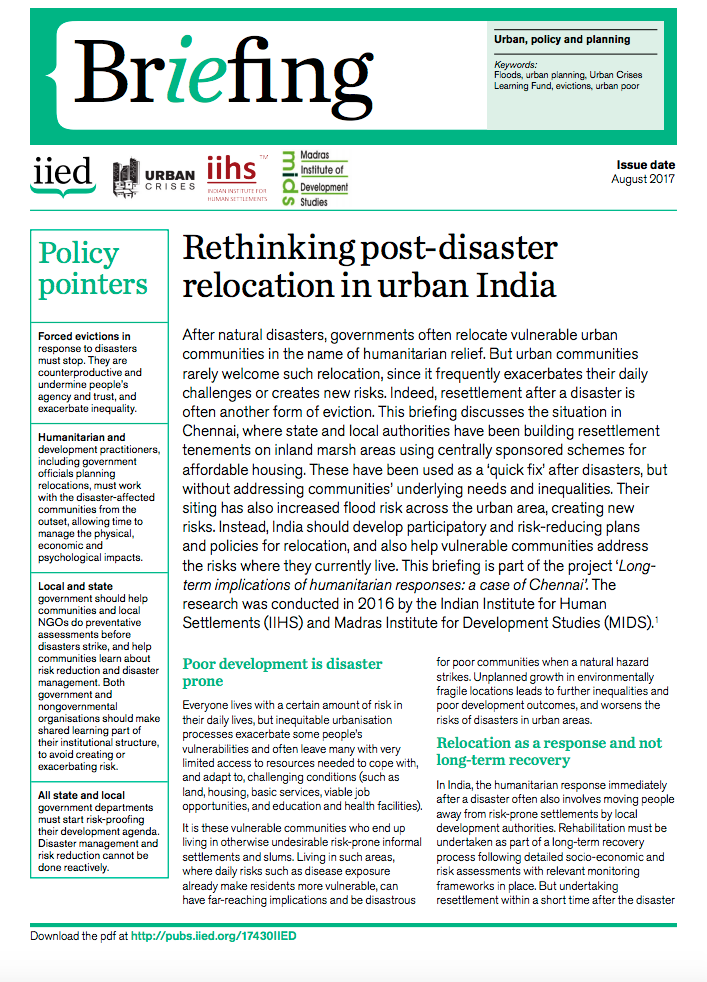Understanding Land Corruption as a Basis for Prevention
From forced eviction to loss of livelihood, social status, savings and even life, land corruption in Africa has serious and far-reaching consequences. Such corruption comes in many forms, and it must be understood – along with the factors that enable it – before it can be tackled.

